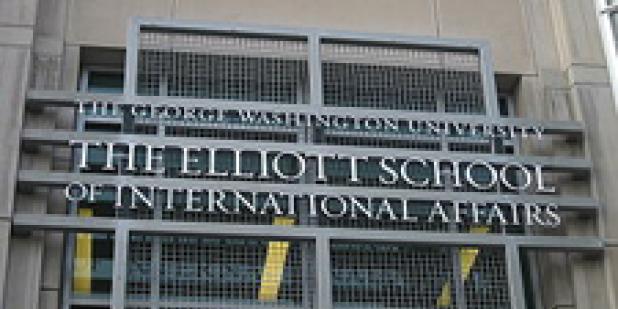Happy Lunar New Year from the USC US-China Institute!
China, India, and Water Security in the Greater Himalayas
The Elliott School of International Affairs in Washington D.C. presents Dr. Katherine Morton as part of the transnational Asia lecture series.
Where

Speaker:
Dr. Katherine Morton
Associate Dean, College of Asia and the Pacific; Senior Fellow, Department of International Relations, Australian National University
The Himalayan Tibetan Plateau contains more than 15,000 glaciers that feed the major river systems in Asia that, in turn, support up to 20 per cent of the world's population. China and India are likely to play defining roles in shaping the region's water future. This lecture will present an overview of water security concerns in the region and the complex trade-offs between water, energy, and food demands during a period of rapid industrialization. It will examine both the limits and opportunities for enhancing transboundary governance, highlighting the central importance of greater cooperation across the Sino-Indian border.
Katherine Morton is Associate Dean of the College of Asia and the Pacific and Senior Fellow in the Department of International Relations at the Australian National University. She is a specialist on China and International Relations with a particular focus on environmental governance, non-traditional security, regional cooperation, and international norms. For the past seven years, she has been conducting research on the Tibetan Plateau looking at the impacts of climate change on vulnerable communities as well as the implications for regional security. Dr. Morton is the author of China and the Global Environment (2009).
Please RSVP at go.gwu.edu/MortonMarch20 by Monday, March 19, 2012.
Featured Articles
We note the passing of many prominent individuals who played some role in U.S.-China affairs, whether in politics, economics or in helping people in one place understand the other.
Events
Ying Zhu looks at new developments for Chinese and global streaming services.
David Zweig examines China's talent recruitment efforts, particularly towards those scientists and engineers who left China for further study. U.S. universities, labs and companies have long brought in talent from China. Are such people still welcome?






